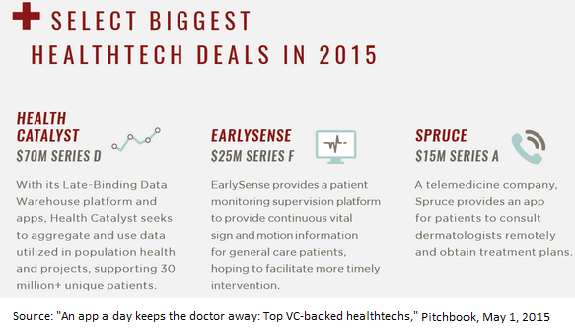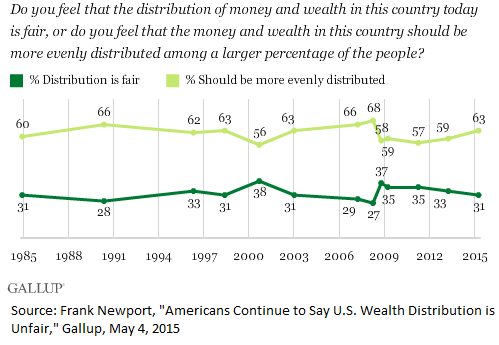The Clinton Foundation’s Health Care Funders
Here is a list of the U.S.-based businesses, professional & trade associations, charities, individuals, and academic institutions in the healthcare sector who have given at least $100,001 to the Clinton Foundation, either as donations or speaking fees, compiled from the foundation’s website:
$1,000,001 to $5,000,000
Blue Cross and Blue Shield of North Carolina
Humana, Inc.
Pfizer, Inc.
Tenet Healthcare Corporation






